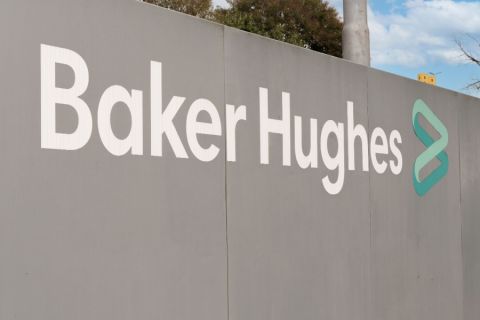Occidental Petroleum succeeded in winning nine of the 15 licenses recently awarded in Libya's first licensing round in more than two decades. Oxy, along with the UAE's Liwa, won rights to five onshore blocks, with a 90% stake, one in the Cyrenaican Basin and two each in Murzuk and Sirte, and 35% stakes in four offshore blocks with operator Woodside Petroleum, 55%, and Liwa, 10%. Oxy's success is proof positive that doing business in Libya can be accomplished, according to Omar Turbi, president and chief executive of California-based Orbit Systems. "The structure of the Libyan regime is very complex," Turbi says. "[The] decision-making flowline is ambiguous. It often seems chaotic and indecisive." At first blush, it seems that Oxy has done its homework on Libya. Jay Saunders, an analyst with Deutsche Bank, says, "The large number of licenses that Oxy won could keep it busy in Libya for some time, provide an outlet for its plentiful cash amid a record-low 27% debt/cap, and facilitate operations upon its post-sanctions return to its long-held acreage in the Sirte Basin." Bernard J. Picchi, senior managing director at Foresight Research Solutions LLC, says Oxy's only production in Libya probably into 2007 is likely to be low-profit contract oil. "I don't think this production will ever be more than 30,000 barrels per day. But by 2007 or 2008, I can't see why Oxy shouldn't be producing net equity oil of, say 25,000 to 50,000, based on what the company has told me. "So, that could be $100- to $200 million per year of after-tax profits-or $0.25 to $0.50 per share, [but] I'm probably being cautious here." Saunders says the round's absence of European majors may suggest the bidding was too high, given the quality of the blocks. Turbi says doing business in Libya requires intimate knowledge of the make-up of the Libyan government, and the decision-making flow. "Knowing when to push the right buttons at the right time requires day-by-day reading of Libya's internal and external political conduct, its relations with the outside world and more specifically with the U.S. Studying and understanding the Libyan regime's diplomatic priorities is a plus because it often affects its business decisions." -Bertie Taylor
Recommended Reading
Chevron’s Tengiz Oil Field Operations Start Up in Kazakhstan
2024-04-25 - The final phase of Chevron’s project will produce about 260,000 bbl/d.
ProPetro Ups Share Repurchases by $100MM
2024-04-25 - ProPetro Holding Corp. is increasing its share repurchase program to a total of $200 million of common shares.
Segrist: The LNG Pause and a Big, Dumb Question
2024-04-25 - In trying to understand the White House’s decision to pause LNG export permits and wondering if it’s just a red herring, one big, dumb question must be asked.
Baker Hughes Hikes Quarterly Dividend
2024-04-25 - Baker Hughes Co. increased its quarterly dividend by 11% year-over-year.
Weatherford M&A Efforts Focused on Integration, Not Scale
2024-04-25 - Services company Weatherford International executives are focused on making deals that, regardless of size or scale, can be integrated into the business, President and CEO Girish Saligram said.





